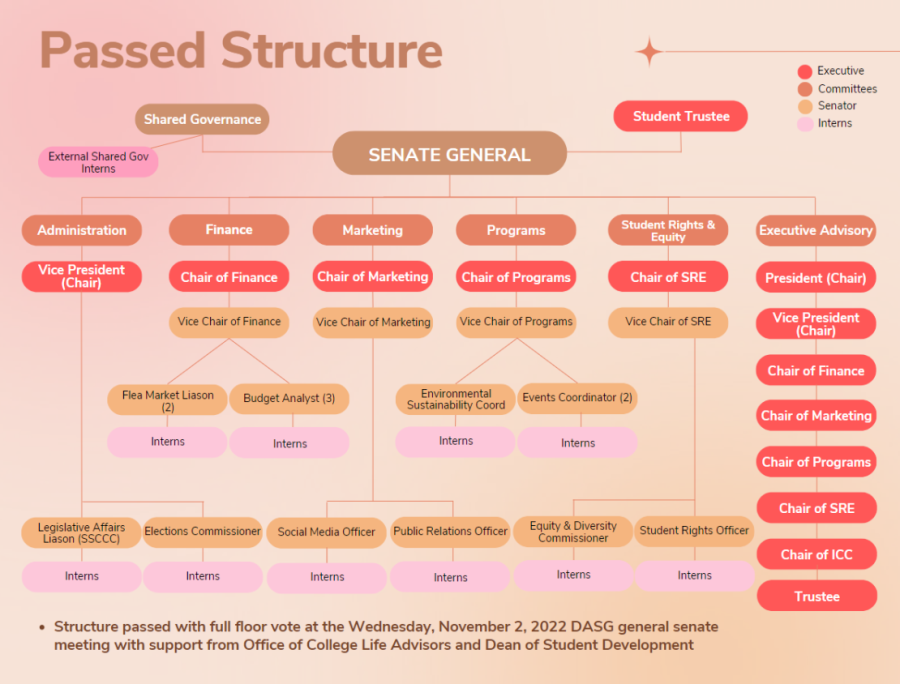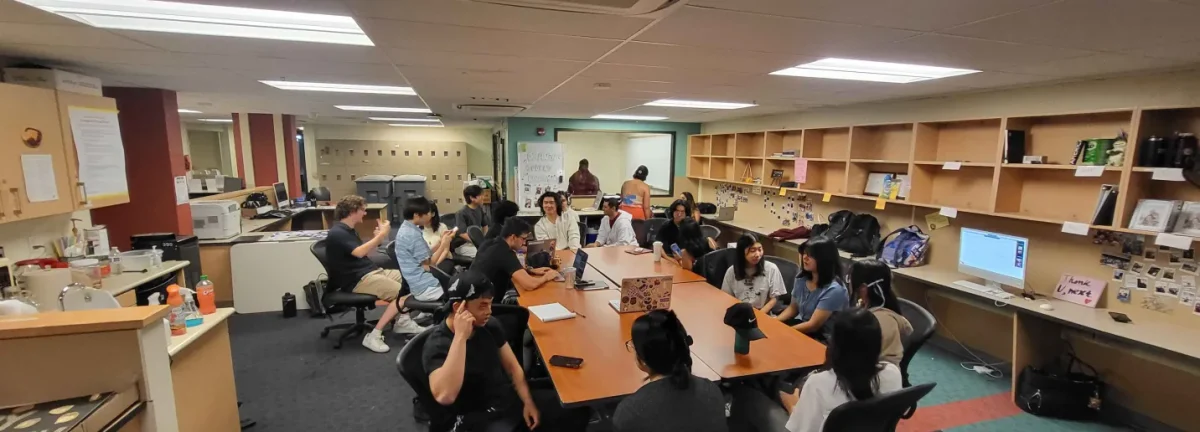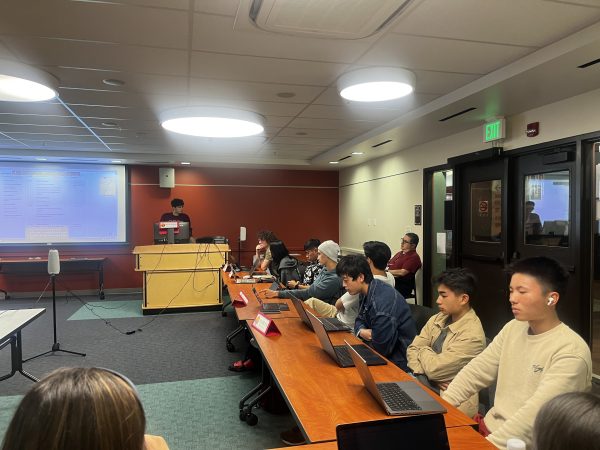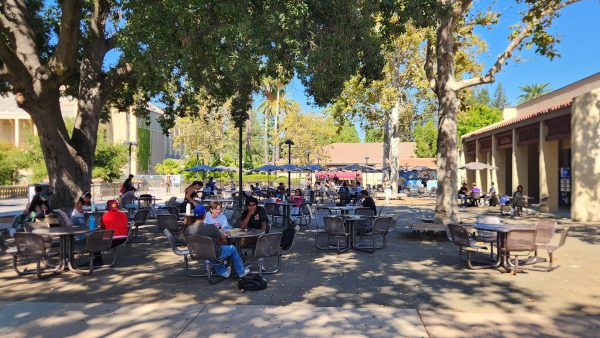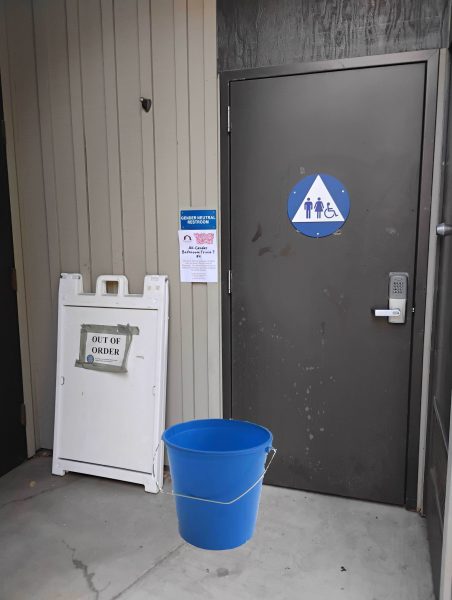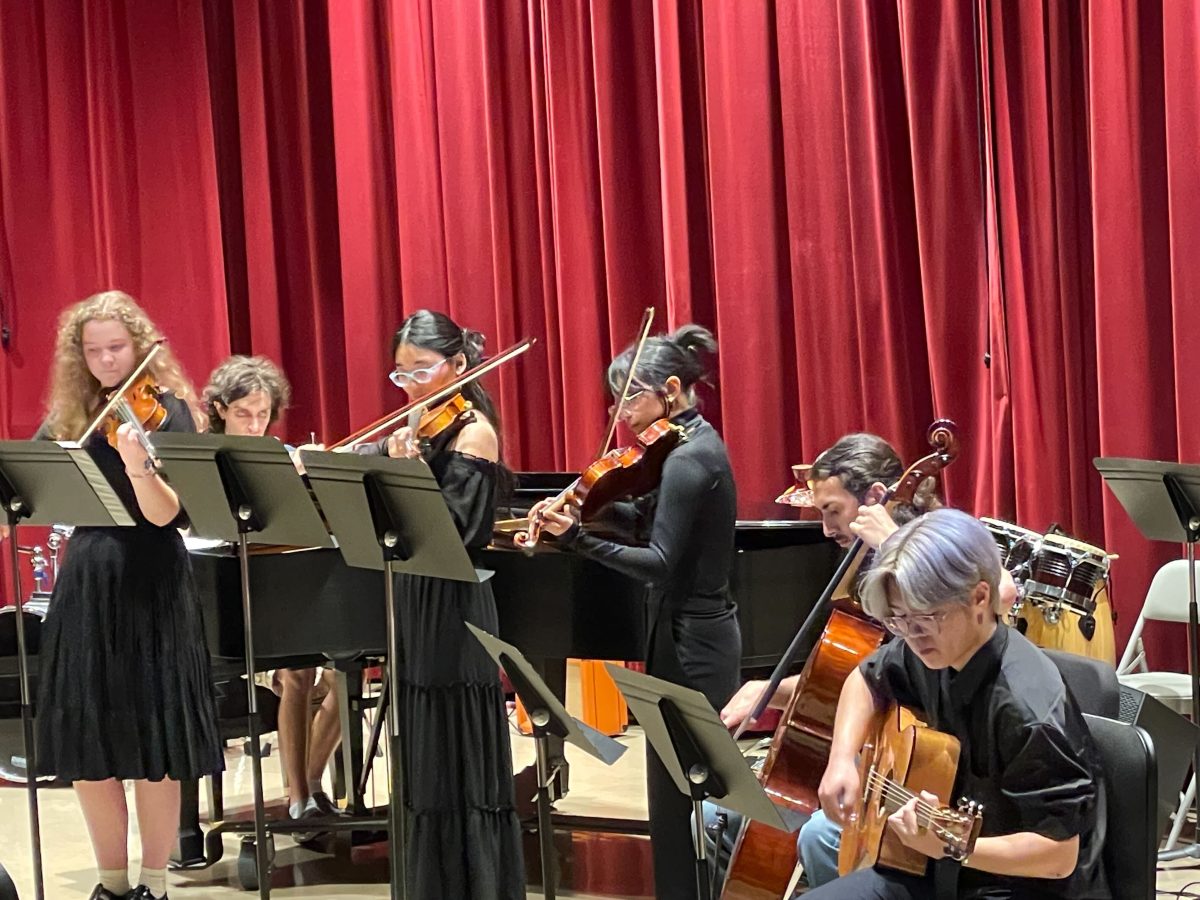Student government plans to restructure and pay senators
DASG Reorganization Task Force
DASG passed a new structure for their organization on Nov. 2 with support from the Office of College Life advisors and the Dean of Student Development.
February 14, 2023
In an effort to address equity barriers for low-income students, a reorganization task team made up of the DASG senate president, vice president and student trustee has proposed a new structural change that would clarify senate members’ job descriptions and compensate them for their work.
Amy Huang, the DASG senate president, said she realized the current system was flawed after having a conversation with a student who wanted to join DASG, but was unable to accommodate the required hours per week because he worked a full-time job. She said several senate members have quit throughout the years from similar issues and also mental health struggles caused by the workload.
“The student senate is supposed to be representative of people whose voices aren’t heard,” said Huang, 24, business tri-major. “So this system is exactly counterintuitive to what we really stand for as an organization.”
Pierce Tao, a De Anza student trustee, is required to attend the school board’s monthly and bi-monthly meetings. He said he does not have a job, which allows him more time to attend other non-required DASG meetings and connect with the De Anza community better.
“I think having a job would mean having less time to focus on the student trustee position,” said Tao, 19, business administration and economics major. “But ultimately, I think I would still be able to balance it, given (that) I know other student trustees from other colleges who are full-time workers.”
Another problem DASG faces is low voter turnout from the student body. According to a presentation by the DASG reorganization task force, many senator candidates run unopposed and are elected by less than 5% of De Anza’s student population.
“It doesn’t matter if you campaign or not, so where’s the accountability there?” Huang said. “We’re essentially advising the freshmen that just came in to take on a leadership position because if we don’t start right away it becomes really difficult for us to find people to fill in those positions.”
Under the new proposal, there will be six executive positions and less than 20 senator positions in comparison to the 30 positions previously available. Hyon Chu Yi-Baker, a judicial affairs officer on campus and the Office of College Life faculty director, said the number of student senators was a problem the task force wanted to address.
“I don’t think you’re going to find a Senate group (that) large anywhere else in the California Community College system,” she said. “It’s not very manageable from an advisory standpoint.”
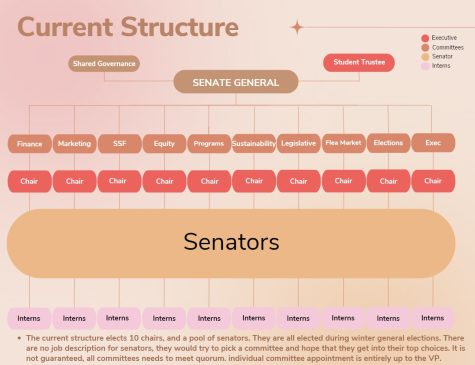
Each of these senators is set to be paid $300 per quarter, a proposal that has faced criticism in the past because of DASG’s multiple accountability issues. To address these issues, the task force said it would assign more well-defined job descriptions to senators and elect candidates through a screening process by executives.
Yi-Baker also pointed to new reporting measures that would continually hold senators responsible.
“It’s going to help us in the long run to ensure that students are meeting all the criteria for getting paid as a senator,” Yi-Baker said. “Under the new structure, top executive senators can better see what’s going on, better collaborate and have the communication flow with senators (beneath them in the hierarchy).”
The reorganization structure was unanimously voted in and adopted by DASG during their general senate meeting on Nov. 2. The funding to pay senators will be finalized by the end of February through budget deliberations meetings.
“With the new structure we are going to be far more efficient, diverse and accountable for what we choose to do,” Huang said. “I’m glad my fellow senators are all on board with it too.”



